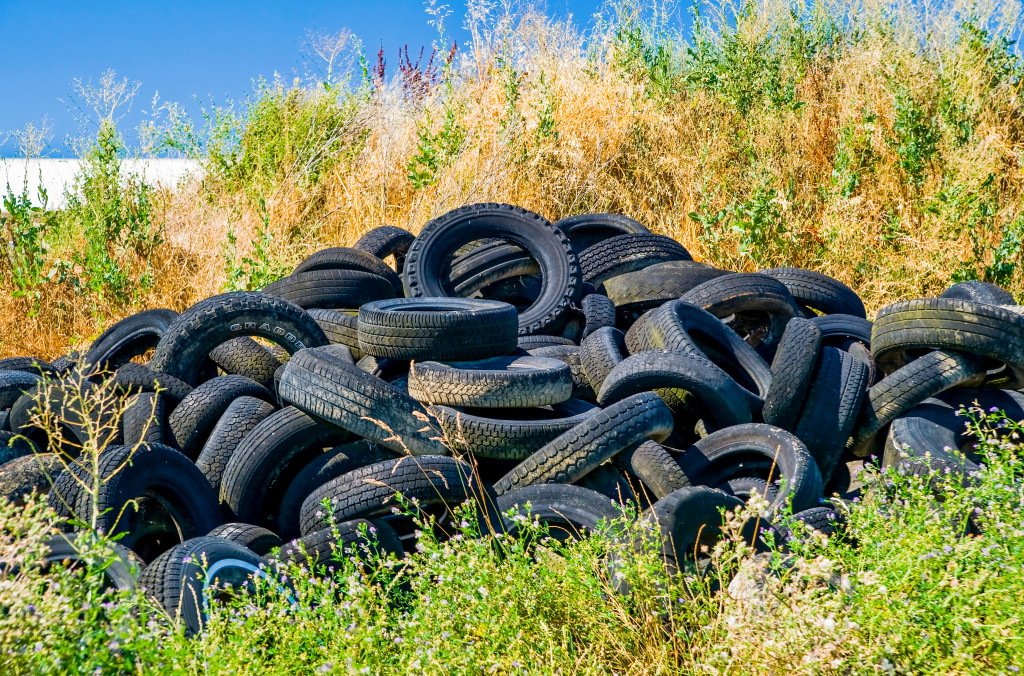If you’re considering starting your own business, you should know the many legal implications of running a company. Businesses can face lawsuits for a variety of reasons. The list of potential legal issues facing companies will be long, so it is essential to prepare yourself.
Moreover, businesses can find themselves on the wrong side of the law even if they haven’t done anything wrong. For example, in the United States, companies can be held liable for their employee’s actions, even if they are acting independently. This is known as “vicarious liability.”
Given the potential for legal trouble, business owners must be aware of the various risks and take steps to protect themselves from litigation. Fortunately, many resources help business owners stay informed about the latest legal developments. The U.S. Small Business Administration (SBA) offers a variety of helpful information and resources on its website, including an overview of common legal issues faced by businesses and tips for avoiding legal trouble. Here are a few of them.
Employee Lawsuits
Employee lawsuits are one of the most common legal actions against businesses. Studies have shown that companies face a greater risk of being sued by employees than by any other type of plaintiff.
There are several reasons why employee lawsuits are so common. For one, employees often have more information about their employer’s operations than the general public. They may also be better positioned to sue their employer for wrongful termination or other workplace violations.
Moreover, many employees feel that they have been wronged and deserve to get compensated for their injuries. As a result, they may pursue a lawsuit against their employer.
Businesses can take several steps to reduce their risk of being sued by employees. One is to create a clear and concise employee handbook that outlines the employer’s policies and procedures. The guide should be updated regularly to reflect any changes in the law.
Businesses should also ensure that all employees remain adequately trained on company policies and procedures. And finally, businesses should always try to resolve disputes amicably before they lead to litigation.
Environmental Organizations

Another type of plaintiff that businesses should be aware of is an environmental organization. Environmental organizations are nonprofit groups that work to protect the environment from pollution and other threats. They may also sue businesses that they believe are harming the environment.
For example, in 2018, the environmental group Earthjustice sued ExxonMobil for allegedly polluting the air in two Texas communities. The lawsuit claimed that ExxonMobil’s emissions violated the Clean Air Act and put the health of residents at risk.
Businesses can take several steps to reduce their risk of being sued by an environmental organization. One is to comply with all environmental regulations. Another is developing and implementing policies and procedures to minimize environmental impact. Finally, businesses should keep accurate records of their compliance with environmental regulations.
Moreover, businesses can also benefit from eco-friendly initiatives and sustainable practices. An energy performance certificate (EPC) can help a company assess its environmental impact and find ways to reduce its carbon footprint. The benefits are endless, but knowing you can stay away from ecological lawsuits takes the cake.
Consumer Lawsuits
Another type of legal action that businesses may face is a consumer lawsuit. Consumer lawsuits are filed by individuals who claim to have been harmed by a company’s products or services.
There are several reasons why consumers may sue businesses. For one, they may be dissatisfied with the quality of the product or service they received. They may also feel that the company misled them about the product or service. Finally, they may believe that the company’s actions violated their rights as a consumer.
Businesses must stay away from consumer lawsuits at all costs. One is to ensure that all products and services meet customer expectations. Another is to provide accurate and transparent information about products and services. Finally, businesses should always treat customers fairly and with respect.
Class Action Lawsuits
A class action lawsuit is a type of legal action filed by a group of plaintiffs. The plaintiffs allege that the same company or individual has harmed them.
Class action lawsuits get often filed against businesses. This is because companies usually have more resources than individuals, making them better able to defend themselves in court. Moreover, companies may be more likely to engage in conduct that harms many people.
Complying with all laws and regulations is a surefire way of avoiding class action lawsuits. Another is to develop policies and procedures that protect the rights of consumers and employees. Finally, businesses should always act in good faith and the best interests of their customers and employees.
Final Thoughts
There are many different types of lawsuits that businesses may face. The best way to avoid them is to comply with all laws and regulations. Additionally, companies should develop policies and procedures that protect the rights of consumers and employees. Finally, businesses should always act in good faith and the best interests of their customers and employees.
